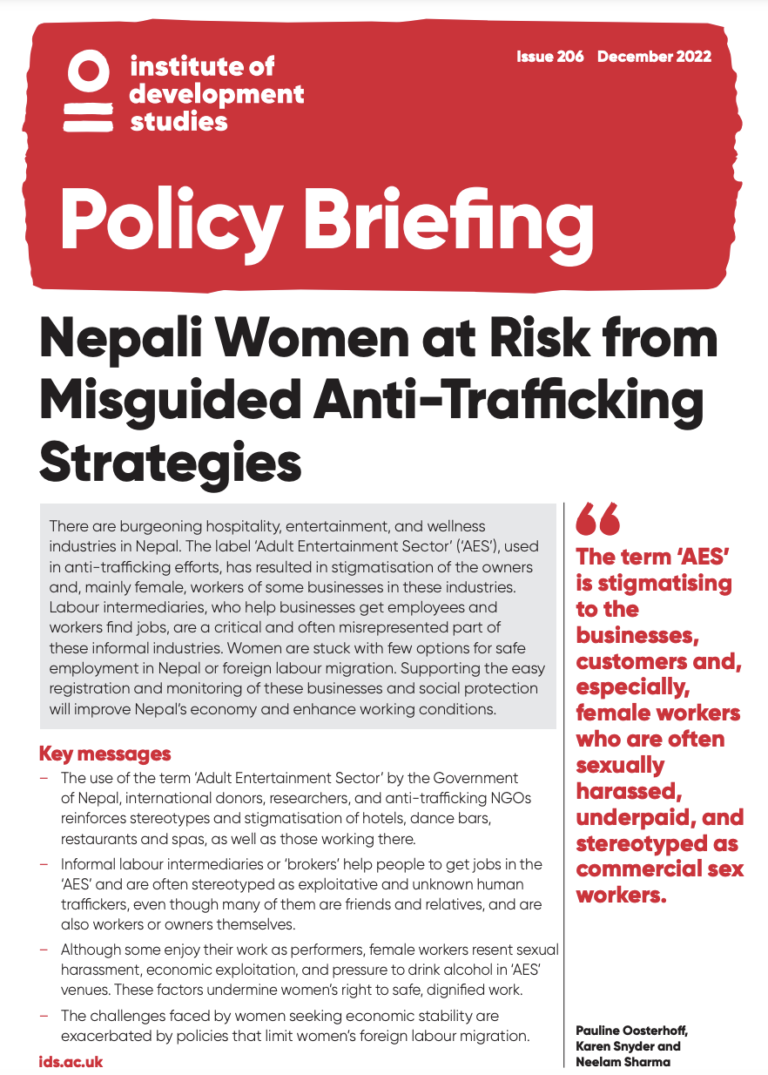The Use of Bayesian Networks for Realist Evaluation of Complex Interventions: Evidence for Prevention of Human Trafficking
News & AnalysisGuidanceComplex systems and realist evaluation offer promising approaches for evaluating social interventions. These approaches take into account the complex interplay among factors to produce outcomes, instead of attempting to isolate single causes of obse...Read More

